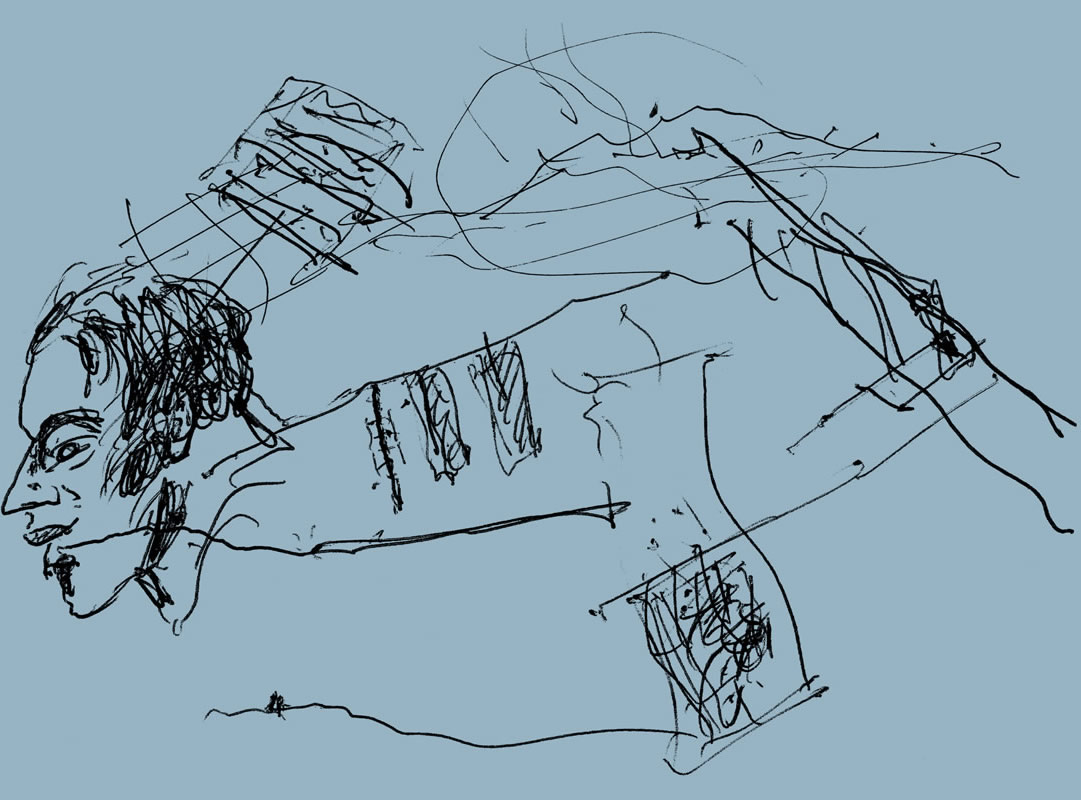The latest instalment of our series of AR Reading Lists: seven carefully chosen pieces from our archive, free for registered users
This reading list considers how building can be an act of violence. This is happening everywhere: in sites from Israel-Palestine to Northern Ireland, to South Africa to the Marshall Islands, the raising of walls and the decimation of the land, the organisation of space and claims of ownership are all highly politicised agents that can cause great harm. And so long as the ability to build remains the reserve of the powerful, the oppressive structures seen the world over will continue to reign.
Register for free to read today and receive the AR Reading List straight to your inbox. Stay safe, and happy reading!
Anti-collage cities in Israel-Palestine, AR July/August 2021, Irit Katz
‘Adopting the emblematic motto, “a land without a people, for a people without a land”, in the spirit of other colonial, political and legal apparatuses that rendered Indigenous lands as terra nullius, free for occupation, Zionism depicted Palestine as an unsettled, empty land waiting to be redeemed by the Jewish people who will “return” from the diaspora’
In the interface: unbuilding Belfast’s dividing walls, AR online August 2021, Maria McLintock
‘Most walls, around 60, were erected by the British Army during the late 1960s and early 1970s, often set randomly and against the wishes of local communities, thus making hundreds of families homeless as these physical sectarian boundaries turned them into interlocutors of the wrong neighbourhood overnight’
The coloniality of planting: legacies of racism and slavery in the practice of botany, AR February 2021, Ros Gray and Shela Sheikh
‘There was an element of violence in the way in which planting took place in different geographies and landscapes; whole environments were altered through the imposition of certain crops or plants, which had been planted with financial return in mind’
Lost property: the continuing violence of improvement, AR October 2020, Brenna Bhandar
‘Racial regimes of ownership forged through the creation of colonial markets in land inform the transformation of real estate markets by finance capital in cities today. They cannibalise the property logics that have long been central to both the racialisation of people as owners/non-owners and mechanisms of displacement and dispossession’
Tiananmen Square: the history of the world's largest paved square, AR October 2009, Adrian Hornsby
‘The political imperative, which included every Chinese citizen witnessing a public execution, preferably in a heightened emotional state, was to forge an irreversible bond of complicity between party and public. Everyone participates and everyone is terrified. This way, the square becomes not only a place to express power, but an actual means to power’
The double exposure of the Marshall Islands, AR April 2018, Stuart Kirsch
‘Their land was not transformed into something of value; rather, it was destroyed because it was of value to the US government only in its potential loss. This is negative reciprocity writ large across the landscape: the wholesale destruction of things (property, land, memory) and social relations organised through land, including the capacity for reproducing these relationships in place’
Ingesting architectures: the violence of breathing in parts of Joburg, AR June 2021, Sumayya Vally
‘As we breathe in Joburg, we are literally ingesting past legacies, histories and environments. We are breathing in the remains of exploitation of the Earth and our ancestors’
Subscribe today to join the conversation and help support independent critical architectural writing. Digital subscriptions are available and all our content is available online, anywhere in the world
 The Architectural Review An online and print magazine about international design. Since 1896.
The Architectural Review An online and print magazine about international design. Since 1896.


